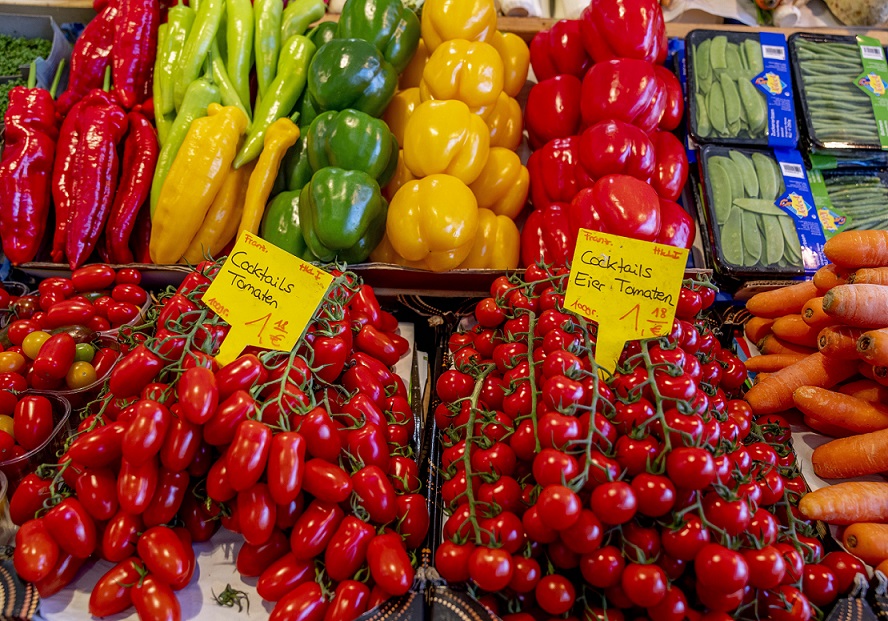German inflation rose in June, the federal statistics office announced on Tuesday, bucking a downward trend seen in the last three months.
The harmonized index of consumer prices (HICP) was up 6.8 percent compared to June last year, an increase of 0.4 percentage points over the previous month, while the consumer price index (CPI) rose by 0.3 percentage points to 6.4 percent.
Food prices remained the leading factor in the higher inflationary rate, with staple food items up 13.7 percent on average compared to the same month last year. Some items, however, are considerably more expensive.
Dairy products are up 22.3 percent; items such as sugar, jam, and honey are up 19.4 percent; and vegetables are up 18.8 percent. Similarly, fish products are 18.5 percent more expensive, and bread and cereal products are up 18.3 percent.
“The inflation rate has increased again somewhat after having weakened three months in a row,” said Ruth Brand, president of the Federal Statistical Office. “Food is still the strongest price driver. In addition, the federal government’s relief measures from 2022 — the €9 rail ticket and fuel discount — have a base effect that increases the current inflation rate,” she added.
Energy prices remain high and are 3 percent more expensive than this time last year when bills were already skyrocketing following the effects of the Russian invasion of Ukraine. Natural gas has risen sharply, up 20.8 percent, while electricity prices and district heating are up 10.5 percent and 9.3 percent, respectively. These have been offset somewhat by a drop in petroleum products, which are 12.8 percent cheaper than they were this time last year.
[pp id=78530]
Prices of goods overall rose by 7.3 percent, while the cost of services increased by 5.3 percent year over year. Meanwhile, the core inflation rate, excluding food and energy, rose to 5.8% in June from 5.4% in May.
The German economy entered a technical recession in May after two consecutive quarters of contraction, a drop of 0.5 percent and 0.3 percent, respectively.
“Under the weight of immense inflation, the German consumer has fallen to his knees, dragging the entire economy down with him,” Andreas Scheuerle, an analyst at DekaBank, said at the time.
Declines in industrial output for the automotive sector, considered the jewel of German industry, made for bleak reading for economists.
A decrease in overall factory orders had been cause for concern across Europe’s powerhouse earlier this year, but these rebounded in May, according to data published this month. Demand increased by 6.4 percent over April, significantly higher than the 1 percent expected by economists. However, orders remain down 4.3 percent over the same time last year.





